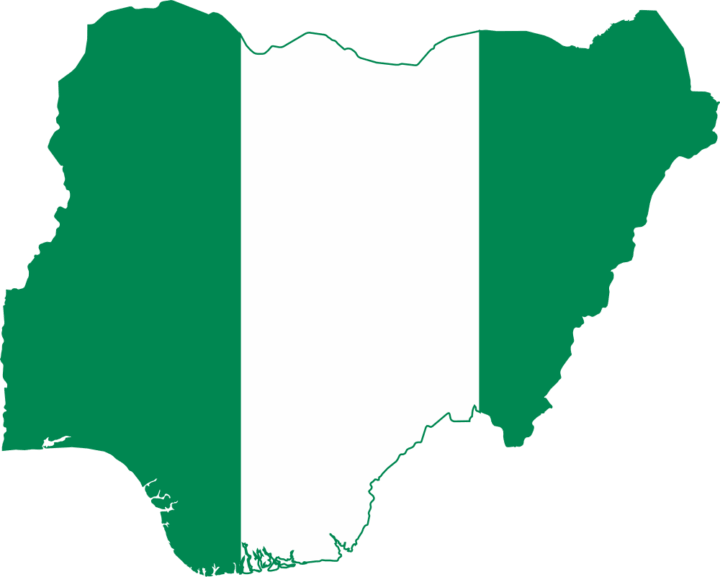Nigeria has solidified its position as Singapore’s leading trade partner in West Africa, as bilateral trade between the two countries surged by 85 percent to $7.47 billion in the first half of 2025. The development underscores Nigeria’s growing relevance in global trade networks, as well as Singapore’s deepening economic engagement with Africa’s largest economy.
According to recent trade data, the sharp rise in trade volumes reflects stronger demand for Nigeria’s crude oil, liquefied natural gas (LNG), and agricultural products, alongside increased imports of Singaporean refined petroleum, electronics, and manufactured goods into Nigeria. The figures mark one of the highest year-on-year growth rates in Singapore’s trade with Africa, affirming Nigeria’s strategic importance as a commercial hub in the sub-region.

Officials familiar with the report noted that Nigeria now accounts for the largest share of Singapore’s trade in West Africa, a position driven by Nigeria’s vast resource base and consumer market. For Singapore, Nigeria offers not only a source of raw materials but also a critical gateway to the West African market, which is home to over 400 million people under the Economic Community of West African States (ECOWAS).
Singapore’s Ministry of Trade and Industry welcomed the strong growth trajectory, noting that closer economic ties with Nigeria are part of its long-term Africa strategy. “Nigeria’s resource endowment, combined with its role as a key regional hub, makes it a natural partner for Singapore in West Africa. We are committed to deepening cooperation in trade, investment, and knowledge exchange to build on this momentum,” a senior trade official said.
For Nigeria, the surge in bilateral trade with Singapore comes at a crucial moment as the country intensifies efforts to diversify its economy, boost exports, and attract foreign investment. The federal government has placed trade expansion at the heart of its economic growth agenda, with Asia emerging as a priority region.
Experts believe the strengthening trade relationship is mutually beneficial. While Singapore secures access to Nigeria’s oil, LNG, and other commodities, Nigerian businesses benefit from Singapore’s advanced manufacturing capabilities, logistics expertise, and financial services sector. This trade exchange has also spurred new opportunities for collaboration in technology transfer, renewable energy, and capacity building.
In recent years, both countries have signed several memoranda of understanding (MoUs) to promote cooperation in maritime trade, infrastructure development, and digital innovation. Analysts note that Singapore’s globally respected port management and logistics systems could play a transformative role in Nigeria’s bid to modernise its ports and improve supply chain efficiency.
Nigeria’s Ministry of Industry, Trade and Investment described the figures as a “milestone” and pledged to strengthen bilateral frameworks that support export diversification and industrialisation. “Our focus is on ensuring that trade with partners like Singapore translates into job creation, improved infrastructure, and greater access to global markets for Nigerian enterprises,” an official stated.
Private sector stakeholders have also expressed optimism. The Lagos Chamber of Commerce and Industry (LCCI) said the rise in trade volumes reflects growing investor confidence in Nigeria’s potential despite macroeconomic challenges. “Singapore is a strategic partner for Nigeria. The exponential growth in trade underscores the opportunities that lie in fostering deeper commercial engagement,” said the chamber’s president.
Observers point out that Singapore’s choice of Nigeria as its main trade hub in West Africa is also linked to the African Continental Free Trade Area (AfCFTA), which is gradually reshaping intra-African and external trade flows. With AfCFTA’s implementation gathering pace, Nigeria’s role as a central hub for regional commerce makes it an attractive entry point for foreign partners seeking scale and access to wider markets.
However, challenges remain. Nigeria’s infrastructure deficits, foreign exchange volatility, and regulatory hurdles still pose significant risks to sustained trade growth. Stakeholders argue that addressing these bottlenecks will be critical if Nigeria is to consolidate and expand its trade leadership role.
Despite these concerns, the trajectory remains positive. Beyond crude oil and LNG, agricultural exports such as sesame seeds, cocoa, and cashew nuts have also gained traction in Singapore, reflecting Nigeria’s growing capacity to supply non-oil goods to international markets. Meanwhile, Singapore’s role in re-exporting refined petroleum products and supplying machinery and electronics to Nigeria continues to deepen interdependence.
Looking ahead, both governments are expected to explore new avenues of cooperation. Areas such as renewable energy, fintech, and infrastructure financing are likely to feature prominently in upcoming bilateral discussions. Singapore’s reputation as a global financial hub presents an opportunity to channel investment into Nigeria’s energy transition and infrastructure modernisation projects.
As trade volumes soar, analysts say the Nigeria-Singapore partnership could become a model for Africa-Asia cooperation, with lessons on how resource-rich African economies can leverage Asian expertise in manufacturing, logistics, and finance for sustainable growth.
The $7.47 billion trade milestone not only cements Nigeria’s status as Singapore’s foremost partner in West Africa but also signals a shift in global trade dynamics where Africa’s largest economy continues to attract growing attention from Asia’s leading economies.
With bilateral trade showing no signs of slowing, the challenge for Nigeria will be to sustain the momentum by addressing structural constraints, enhancing competitiveness, and ensuring that the benefits of expanded trade flow through to businesses and citizens alike.
Support InfoStride News' Credible Journalism: Only credible journalism can guarantee a fair, accountable and transparent society, including democracy and government. It involves a lot of efforts and money. We need your support. Click here to Donate
